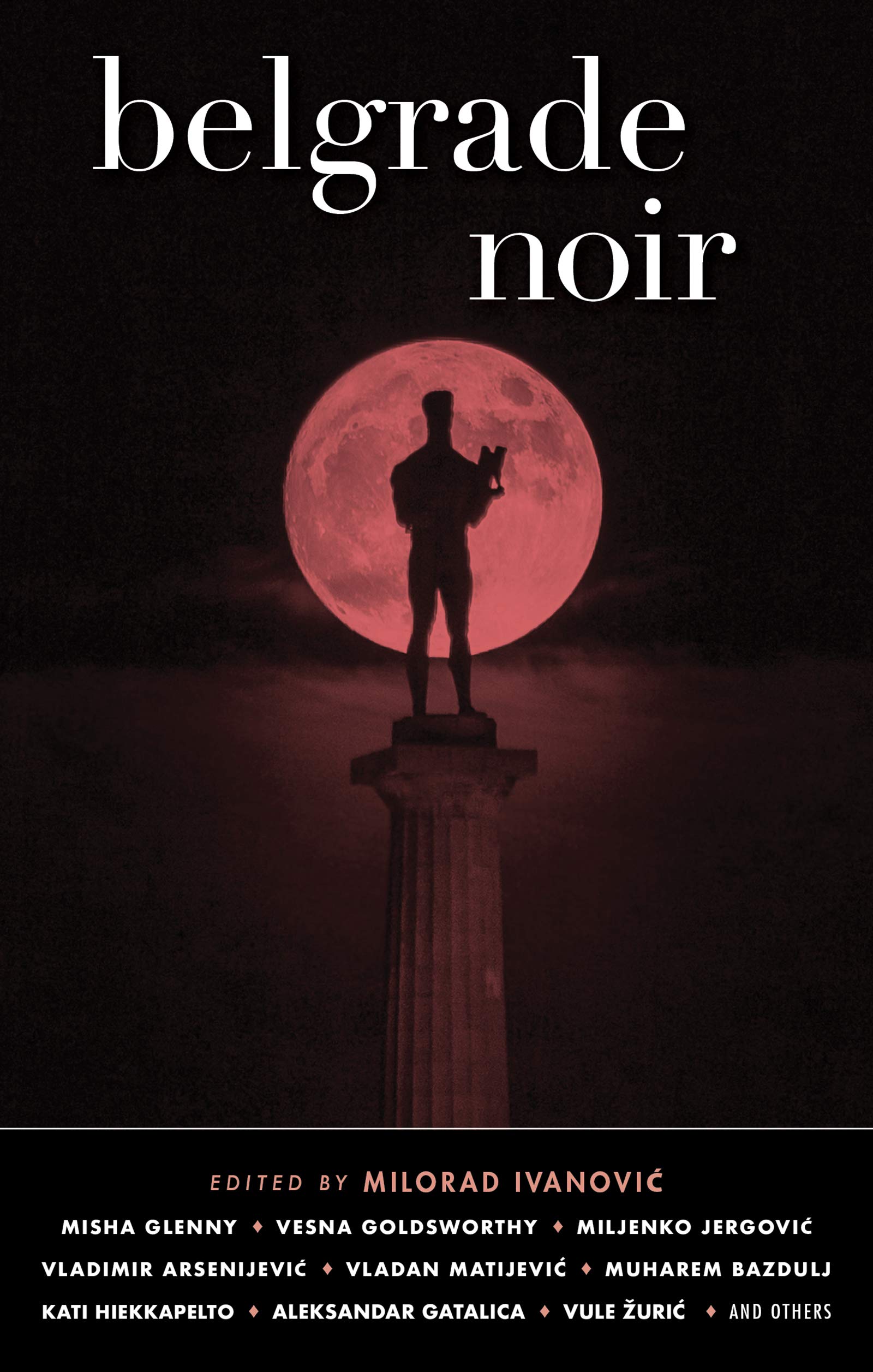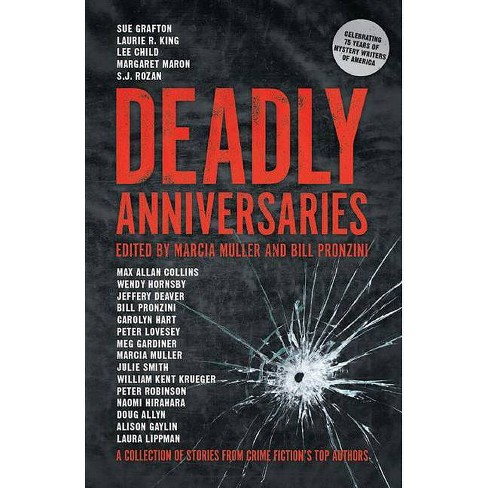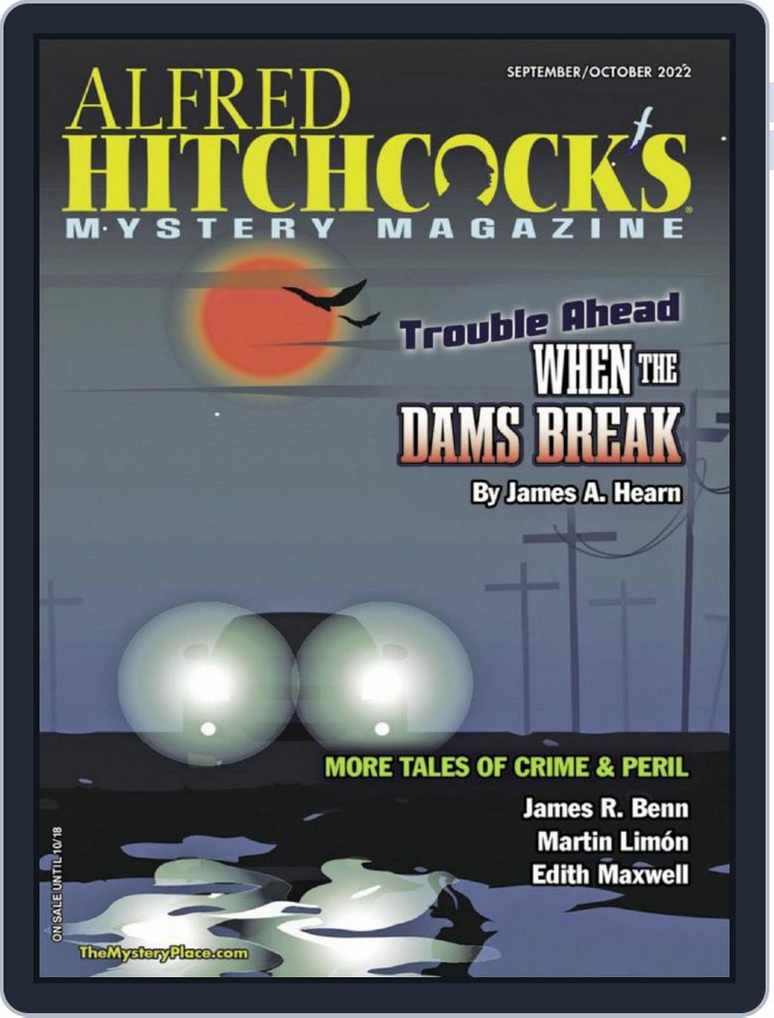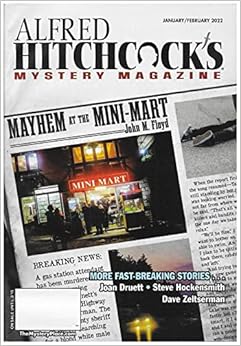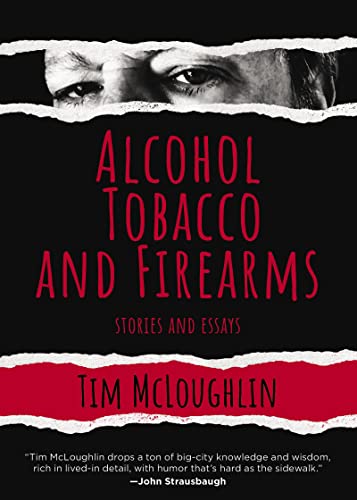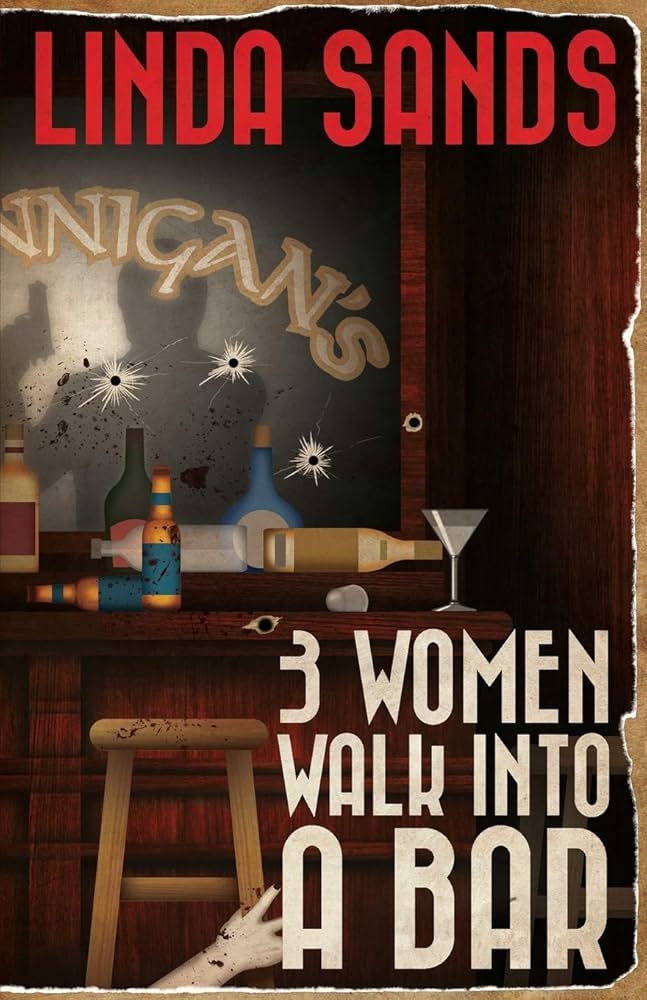by Paul D. Marks, Jonathan Brown, Elaine Ash
Contents:
— Context and White Heat – Paul
— Dude? Why so Sensitive? – Jonathan Brown
— The Right to Write – Elaine Ash
— Paul’s original post
— In conclusion – Paul
“In the future days, which we seek to make secure, we look forward to a world founded upon four essential human freedoms.
The first is freedom of speech and expression–everywhere in the world.”
—President Franklin D. Roosevelt, the Four Freedoms Speech
Context:
It’s time to revisit a topic that’s very important to me, and I would think it should be to all writers. And though some of it may be repetitive, and it is long, I think it’s worth your time if you’re a writer, a reader, a sentient being.
In March, 2017, I did a piece here about the Sensitivity Police (find it at this link, but also “reprinted” near the end of this new post,
http://www.sleuthsayers.org/2017/03/the-sensitivity-police.html ). I don’t get very political on social media. There’s only two things that I talk about in that regard and then not that much. The two things are animal issues and free speech issues. The latter is what this post is about. In a nutshell, I’m a free speech absolutist. There’s almost nothing I don’t think people should be allowed to say or put in print. It can be awful and hateful and offend you or me. But that’s what’s great about this country – you have the right to say what you want. I don’t have to agree, I don’t have to break bread with you, but I’ll fight for your right to say it.
I see things all the time that I agree or disagree with but I don’t see much point getting into verbal firefights about them. I’m not going to change any minds and no one is going to change mine. Mostly, I just scroll past political posts.
This revisit is prompted by an article I saw recently in the Guardian, the British paper. The article was “Lionel Shriver says 'politically correct censorship' is damaging fiction.”
https://www.theguardian.com/books/2018/feb/22/lionel-shriver-says-politically-correct-censorship-is-damaging-fiction
To be honest, I hadn’t heard of Lionel Shriver. And I still haven’t read her works. But I agree with that statement. Again, I am a total free speech advocate. I know the arguments about shouting fire in a crowded theatre or hurting people’s feelings, but I also remember when the ACLU defended the Nazis’ right to march in the Jewish suburb of Skokie, Illinois. (And for the simpletons out there, No, I’m not pro-Nazi!) And I remember when people would say “I may not agree with what you say but I’ll defend to the death your right to say it.” That seems to be a dying sentiment.
I understand that people get offended. I get offended, but I just grin and bear it and move on. Maybe you’d rather fight back, verbally. Fine. Just don’t stop the other from saying whatever it is. I’m against any form of censorship. And it scares the fucking hell out of me!!! Free speech is the foundation of our society. Without it totalitarianism reigns. Yet a recent Gallup poll shows college students aren’t totally behind the concept of free speech — See:
https://medium.com/informed-and-engaged/8-ways-college-student-views-on-free-speech-are-evolving-963334babe40 .
——Or——
https://www.washingtonpost.com/local/college-students-support-free-speech--unless-it-offends-them/2018/03/09/79f21c9e-23e4-11e8-94da-ebf9d112159c_story.html?noredirect=on&utm_term=.fcceb8833c43
As writers sensitivity police should scare the hell out of us. As citizens of a free society likewise. Maybe what we write is uncomfortable, maybe you’re offended. Maybe you should toughen up.
This time around I’m inviting two guests to join me and add their opinions, Jonathan Brown and Elaine Ash. I was originally going to intercut the things that Jonathan, Elaine and I have to say on the subject, but I’ve decided to run all the pieces as a whole. I asked a few people if they’d want to comment from the point of view of wanting censorship of one degree or another. Nobody wanted to go on record. I truly hope you’ll take a few minutes to read everything.
***
White Heat:
My Shamus Award-winning novel
White Heat is a noir-mystery-thriller. It’s about P.I.s trying to find a killer during the 1992 Rodney King riots – that makes it much more than a simple noir-mystery-thriller. While protagonist Duke Rogers tracks down the killer, he must also deal with the racism of his partner, Jack, and from Warren, the murder victim’s brother, who is a mirror image of Jack in that department. He must also confront his own possible latent racism – even as he’s in an interracial relationship with the dead woman’s sister.
The novel looks at race and racism from everyone involved, black and white, and no one gets off unscathed. These things can be a little uncomfortable. Believe me, I know. I was uncomfortable writing some of it. Ditto for
Broken Windows, the sequel coming out in the fall, that deals with immigration via a mystery story. These are touchy issues, but that doesn’t mean we shouldn’t talk or write about them. And if we do so honestly we might unintentionally hurt some feelings.
To quote from my article a year ago, “It’s getting to the point where we have to constantly second guess ourselves as we worry who might be offended by this or that? In my novel,
White Heat, I use the N word. And don’t think I didn’t spend a lot of deliberating about whether I should tone that down, because truly I did not want to hurt or offend anyone. But ultimately I thought it was important for the story I was trying to tell and people of all races seemed to like the book. I think context is important. But even without context, as a free speech absolutist, I think people should be allowed to say what they want. There used to be an argument that went around that the way to combat negative speech was with more speech, but that doesn’t seem to be the case today. As former Supreme Court Justice Louis Brandeis said, ‘Fear of serious injury cannot alone justify suppression of free speech and assembly.’”

I did add an Author’s Note warning people: “Some of the language and attitudes in the novel may be offensive. But please consider them in the context of the time, place and characters.” Today we’d call it a Trigger Warning. And I don’t mind doing that, as long as no one stops me from saying what I want to say.
If you don’t defend free speech now because your ox isn’t currently being gored, to coin a phrase, then no one will be there to defend you when it is. And revolutions always come back to bite the head off. Look at what happened to Robespierre during the French Revolution. It’s like that quote from Martin Neimoller during World War II: “First they came for the Socialists, and I did not speak out— Because I was not a Socialist. Then they came for the Trade Unionists, and I did not speak out— Because I was not a Trade Unionist. Then they came for the Jews, and I did not speak out— Because I was not a Jew. Then they came for me—and there was no one left to speak for me.”
My mind hasn’t changed in the last the year. And now here are Jonathan and Elaine to talk about the issue:
***
Jonathan Brown:
Jonathan was born and raised in Vancouver British Colombia. He works as a writer, fitness trainer and drum instructor. His Lou Crasher mysteries recently landed him a two book deal with Down and Out Books. The first novel: The Big Crescendo is slated to be released in early 2019 and the follow up: Don't Shoot the Drummer will be released in 2020. Brown has also written a fictional biography about the life of boxing trainer, Angelo Dundee. The book: Angelo Dundee, a Boxing Trainer's Journey is published by The Mentoris Group and will be released in December 2018. Jonathan and his lovely wife Sonia enjoy life in sunny south Los Angeles. jonathanbrownwriter.com
Dude? Why So Sensitive?
When Paul was gracious enough to offer me a chance to weigh in on the ‘sensitivity reader’ issue I said, “Sign me up, please.” For those new to this phenomenon a sensitivity reader is someone hired by a publisher to read manuscripts with an eye sensitive to one particular race, religion or gender and so on. While the publisher’s heart may be in the right place or if the publisher simply wants to avoid a lawsuit, I think the practice is not only superfluous but also dangerous. Dangerous might be a little extreme, let’s say asinine instead.

Here’s where this jazz is headed. The sensitivity reader(s) will essentially be the politically correct police. The potential to take what might be the next great American novel and water it down to Disney meets Hallmark on Mr. Roger’s front porch is huge. For example, Writer X has a vigilante ex-gangbanger as the anti-hero. He enters the warehouse and finds the banger that killed his family. He raises the Sig Sauer. He closes one eye and lines up the enemy down the gun sight. Finally, he shall have his revenge. As a parting phrase the avenger says, “You’re a dead person of color with ancestry dating back to ancient sub-Saharan Africa!” As opposed to: “You’re a dead nigga!”
Pop, Pop, Pop.
Under the sensitivity cop regime urban gang bangers won’t use authentic dialog; terrorists will be of a fictitious ethnicity (thus being limited to Science Fiction) and although books will still have steamy sex scenes the party engaging in coitus shall be genderless—out of fairness to the gendered. Can you imagine? Try this scene:
“Hey baby, want to get it on?”
“Sure, if you’ll just put your—”
“Don’t say it. I can’t wait to feel your—”
“No, don’t say it!”
And so the participants put their matching or perhaps mismatching parts together and…did it.
The End
Can you feel the heat? No? Yeah, me either. I’m rarely the slippery-slope-guy and I’m truly weary of the expression but I must say the incline will become pretty slick here if we engage in this sensitivity reader censorship parade. And what, may I ask makes a sensitivity reader? How does one become one? Is there a questionnaire? The bigger question for me is why have we stopped trusting our own judgment? Don’t we all have some measure of built-in common sense about sensitivity? I say we do, if I may be so bold as to answer my own question.
If a manuscript becomes ‘green lit’ by a publisher that means an agent and possibly her assistant has read the manuscript. Then, let’s toss in two to four low-level readers at the publishing house and cap this off with one or two of the top brass readers. Do you mean to tell me that from agent’s assistant to top Banana none of those cats know what is basically offensive and what’s not? I call bullshit. As members of society we all know what is basically offensive but now we’re too afraid to say it, so let’s put it on the sensitivity reader…yeah that guy. Phew, thank god we now have a scapegoat if this thing goes south, right? Grow up people.
If this castration of the arts by ‘sensitivity cop’ flies then Noir literature will become beige, Romance will have gender sensitive sex scenes (which I suppose means all genders will have an orgy all at once, what with inclusion and all…hmm) and Horror films will no longer have the ominous black cat, they will have to be Tabbys, Siamese or Ginger cats…which will be referred to as: orange hued. Imagine:
As I walked down the dark alley I glanced over my shoulder and noticed a six- month old tabby cross my path. It was then that I knew…I…was…doomed! (Insert wolf howl sound effect!)
Let art be art. It’s a good thing the sensitivity cops didn’t tell Picasso how to paint, and didn’t instruct Beethoven to avoid all minor keys and thank god they didn’t force Harper Lee to make the accused, Tom Robinson in
To Kill A Mocking Bird a white-male primary school teacher with a sunny disposition.
***
Elaine Ash:
Elaine Ash edits fiction writers—from established authors to emerging talent. She works with private clients, helping them shape manuscripts, acquire agents and land publishing deals. www.bestsellermetrics.com
The Right to Write
When Paul asked me to throw my hat in the ring for a post on free speech and sensitivity readers, I gulped. Navigating these topics can be as delicate as tucking a hand grenade inside a wasp’s nest. But, admittedly, I’ve brought this on myself, since I take pride in freedom of speech and feel strongly about the right to write.
One way to look at sensitivity readers is simply as a new layer of vetting that writers must hurdle when they submit to Big 5 publishers. First, let’s refresh on what some famed writers have had to say about protecting artistic integrity.
“Because if you don't stand up for the stuff you don't like, when they come for the stuff you do like, you've already lost.”
― Neil Gaiman
“Censorship is to art as lynching is to justice.”
― Henry Louis Gates Jr.
“I may not agree with you, but I will defend to the death your right to make an ass of yourself.”
― Oscar Wilde
Taken in context with these quotes, the picture of a sensitivity reader redlining a literary opus looks as clunky as jackboots on a ballerina. Add on that the average pay of a sensitivity reader is $250 per manuscript, and it seems impossible that anyone paid this low could influence a billion dollar-plus industry and force millionaire writers to change their work—but they are.
Do Sensitivity Readers Affect You?
First you have to look at your target publishers. There are sensitive and not-so-sensitive publishers. In general, sensitive would be Big 5 and their imprints; non-sensitive would be medium and small indie publishers. Big 5 science fiction and fantasy publishers trend “sensitive.” YA and children’s markets likewise.
Mystery and crime-related genres have strongly resisted sensitivity. In fact, noir and transgressive genres are expected to be offensive—that’s how they make a larger point. But agents have recently confided to me that it’s getting harder and harder to sell mystery fiction. Does this have to do with sensitivity bias? I suspect so, but have no figures to back up that claim other than the frontline reports of literary agents. In other words, publisher demand has constricted, and I suspect that it’s not for lack of the buying public—it’s because publishers fear backlash and boycotts. (More about this later.)
S-readers are not called in on 100% of manuscripts, but if a publisher sees that a writer of one ethnicity might be writing a character of another ethnicity, they will call on an S-reader to vet the manuscript. The problem with this is pretty obvious. Since the original writer isn’t reporting fact but creating art to make a larger point, the original intent of the art may become skewed. Want to check the rules to make sure you get them right? Err, that could be a problem. There is no sensitivity readers guild to consult, and no published compilation of guidelines.
A Case in Point
Science fiction/fantasy author Mary Robinette Kowal has killed projects over negative feedback from sensitivity readers.
http://maryrobinettekowal.com/journal/sensitivity-readers/ The problem with this tactic is that the rules she’s trying so hard to abide by are not set in stone, they’re not law. They’re merely someone’s opinion, and opinions change. The court of public opinion can change with the day of the week. Is it even possible to write something that offends no one? I suppose so. The greater question is, Is it possible to write something that offends no one that is worth reading? Stories are supposed to disturb, instigate, provoke thought. That comes with the risk of offense.

What sensitivity readers are really all about comes down, in the end, to cold hard cash, as everything in business does. Looking at a hot topic through the cool lense of business is a way to bring practicality to the subject. If a publisher is afraid that they may become the target of an angry boycott, they’ll do everything possible to avoid it. Until recently, these boycotts had real power. But the recent trend is “boycott backlash” where the boycott-ee suffers a drop-off from advertisers, and then receives a sympathy bump from purchasers who disagree with the boycott. It reminds me of when banning books was all the rage. It only made them more popular. What people are told they can’t have, they make special efforts to get.
Sidestep the Time Wasters
My purview is not to make a case for S-readers or against them. I’m here to point out navigation tactics. As I write this, tens of thousands of manuscripts are waiting for Big 5 vetting when some of them could be sailing into medium-sized publishers and landing deals without added delay.
If you are a first-time author, my advice is to go for a smaller publisher to land your edgy material. If you are an established author looking to make the leap to Big 5, you’d have the best bet with a fairly controversy-free manuscript from the race or gender aspect. “White savior writing” is a thing, and sensitivity readers are rejecting it. Google the term and read about it for yourself.
Meanwhile, many mystery and crime readers are looking for gritty authenticity, using nomenclature that coincides with a hardboiled PI or criminal. Already, you can see how S-readers may chill the edgy, provocative material that underscores much of the best mystery writing.
Express Yourself
As an editor, I’m about preserving the integrity of the writer’s vision, intent, art and freedom to write. I am not a censor for political correctness. For example, I’m horrified by third-wave feminist Andrea Dworkin’s contention that every act of sex is an act of rape. Would I edit a story with a character in it who held that belief? Most definitely. I’m not a censor, I’m an editor. My job is to preserve the writer’s vision, even if I disagree with it.
My best advice is to avoid writing to trends and never write to satisfy sensitivity readers. Take my client Chrome Oxide, winner of two coveted Writers of the Future awards. He’s a humorist making fun of big government and bureaucracy—using the sci-fi and fantasy genres as a backdrop. He came to me thinking there was zero chance of getting a publisher—self-publishing would be his only option. But there are so many alternative publishers now for everything from comic books to novels, that a good agent, or an editor wearing many hats like me, can find a market.
If your agent says there’s no market for what you’ve written, it’s time to get another agent. For Chrome Oxide I had to go to Superversive Press out of Australia, but the terms were the best I’d seen anywhere. The terms almost made me cry, they were so beautiful. This publisher really, really wanted Chrome’s material.
Only you can assess where your manuscript and platform as a writer stand in terms of attractiveness to publishers who assess writers through sensitivity vetting. It’s a big world with many markets. Ultimately, what does not sell will take a diminished place in the market and readers will find what they’re looking for.
Bottom line, you must write who you are and what makes you tick, not what you guess sensitivity readers will approve. Express yourself freely and then find the market that matches your angle. It’s out there waiting if you look.
***
Thank you Jonathan and Elaine. And here's my/Paul's previous post:
Here’s the pertinent part from my earlier article (see link above):
And now to the subject at hand: I recently came across an article in the Chicago Tribune titled “Publishers are hiring 'sensitivity readers' to flag potentially offensive content.” That, of course, piqued my interest. And I will say at the outset that I’m a free speech absolutist. If you don’t like something don’t read it, but don’t stop others from saying it or reading it.
http://www.chicagotribune.com/lifestyles/books/ct-publishers-hiring-book-readers-to-flag-sensitivity-20170215-story.html
After all, who’s to say what’s offensive? What’s offensive to me might not be to you and vice versa. That said, I see things every day that I disagree with. I don’t like to say that I find them offensive because I think that word is overused and I also think people tend to get offended too easily and by too many things.
As writers I think this is something we should be concerned about. Because, even if you agree with something that’s blue-penciled today tomorrow there might be something you write where you disagree with the blue-pencil. Where does it end? Also, as a writer, I want to be able to say what I want. If people don’t like it they don’t have to read it. I don’t want to be offensive, though perhaps something may hit someone that way. But we can’t worry about every little “offense” because there are so many things to be offended about.
It’s getting to the point where we have to constantly second guess ourselves as we worry who might be offended by this or that? In my novel,
White Heat, I use the N word. And don’t think I didn’t spend a lot of deliberating about whether I should tone that down, because truly I did not want to hurt or offend anyone. But ultimately I thought it was important for the story I was trying to tell and people of all races seemed to like the book. I think context is important. But even without context, as a free speech absolutist, I think people should be allowed to say what they want. There used to be an argument that went around that the way to combat negative speech was with more speech, but that doesn’t seem to be the case today. As former Supreme Court Justice Louis Brandeis said, “Fear of serious injury cannot alone justify suppression of free speech and assembly.”
And, of course, publishers have the right to publish what they want. But limiting things doesn’t change much. It just goes underground.
The Tribune article says, “More recently, author Veronica Roth - of ‘Divergent’ fame - came under fire for her new novel, ‘Carve the Mark.’ In addition to being called racist, the book was criticized for its portrayal of chronic pain in its main character.” So now we have to worry about how we portray people with chronic pain. Again, where does it end?
I’ve dealt with chronic pain. Should I be offended every time someone says something about those things that I don’t like. Get over it, as the Eagles say in their eponymous song. The piece also talks about writers hiring people to vet their stories for various things, in one case transgender issues. If it’s part of one’s research I don’t have a problem with that. Or if it’s to make something more authentic. But if it’s to censor a writer or sanitize or change the writer’s voice, that’s another story.
There’s also talk about a database of readers who will go over your story to look for various issues. But again, who’s to say what issues offend what people? Do you need a reader for this issue and another for that? If we try to please everyone we end up pleasing no one and having a book of nearly blank or redacted pages. Or if not literally that then a book that might have some of its heart gutted.
That’s not to say we shouldn’t strive for authenticity but I think this kind of thing often goes beyond that. When we put out “sanitized” versions of
Huck Finn or banning books like Alice Walker’s
The Color Purple, which has also been banned and of which Wikipedia says, “Commonly cited justifications for banning the book include sexual explicitness, explicit language, violence, and homosexuality.”
The Wall Street Journal also talks about this issue, saying in part, “One such firm, Writing in the Margins, says that it will review ‘a manuscript for internalized bias and negatively charged language,’ helping to ensure that an author writing ‘outside of their own culture and experience” doesn’t accidentally say something hurtful.’ I’m not saying one should be hurtful, but I am saying one should write what they want to write. And if taken to the ultimate extreme then we would only be “allowed” to write about our own little group. And that would make our writing much poorer.
I’m not trying to hurt anyone. But I do believe in free speech, even if it is sometimes hurtful.
We should think about the consequences of not allowing writers to write about certain things, or things outside of their experience. Think of the many great books that wouldn’t have been written, think of your own work that would have to be trashed because you aren’t “qualified” to write about it. There are many things in the world that hurt and offend and that aren’t fair. And let’s remember what Justice Brandeis said.
In closing one more quote from the Journal article: “Even the Bard could have benefited. Back when Shakespeare was writing ‘Macbeth,’ it was still OK to use phrases like, ‘It is a tale told by an idiot, full of sound and fury, signifying nothing.’ But that is no longer so. The word ‘idiot’ is now considered cruelly judgmental, demeaning those who, through no fault of their own, are idiots. A sensitivity reader could propose something less abusive, such as, ‘It is a tale told by a well-meaning screw-up, signifying very little but still signifying something. I mean, the poor little ding-dong was trying.’”
***
In conclusion:
So there you have it, three arguments for freedom of speech.
~.~.~
I’m thrilled – I’m Doubly Thrilled – to announce that my
short story “Windward,” from the anthology
Coast to Coast: Private Eyes fromSea to Shining Sea (edited by Andrew McAleer and me) is nominated for a Best
Short Story Shamus Award – and that the anthology as a whole is nominated for a
Best Anthology Anthony Award. Thank you to everyone involved!
~.~.~
My Shamus Award-Winning novel
White Heat was re-released on May 21st by Down & Out Books. It’s available now on
Amazon.
Publishers Weekly calls
White Heat a "...taut crime yarn."
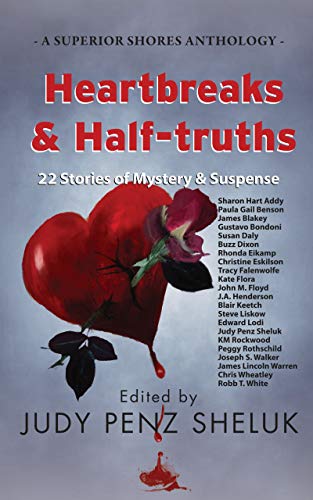 Heartbreaks and Half-Truths, edited by Judy Penz Sheluk, Superior Shores Press, 2020.
Heartbreaks and Half-Truths, edited by Judy Penz Sheluk, Superior Shores Press, 2020.
